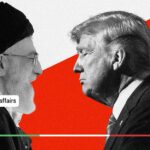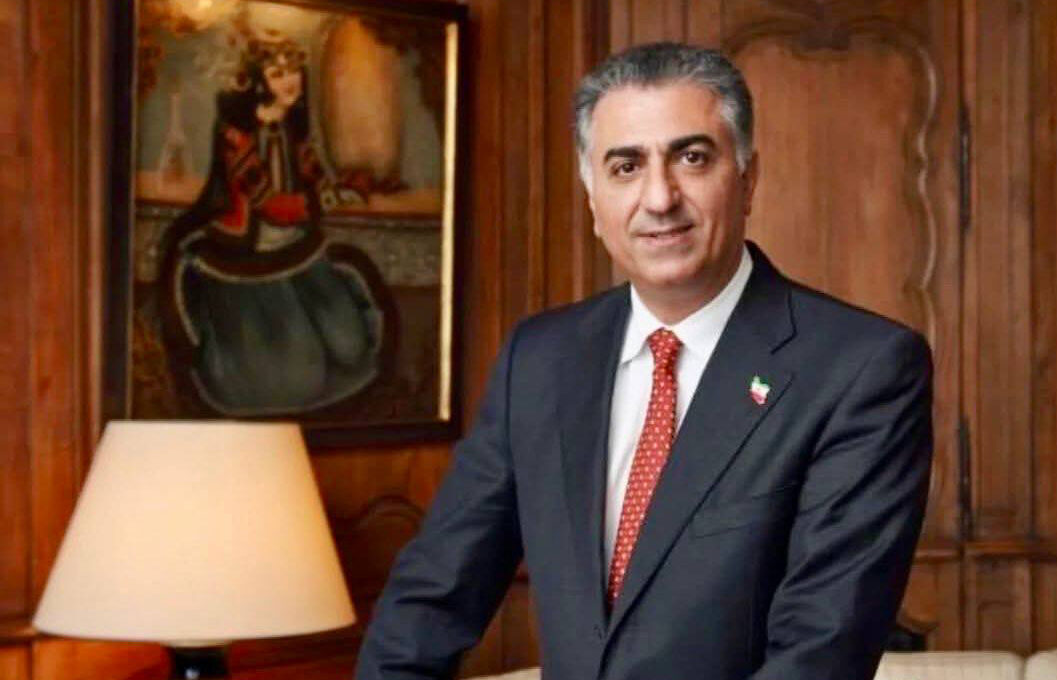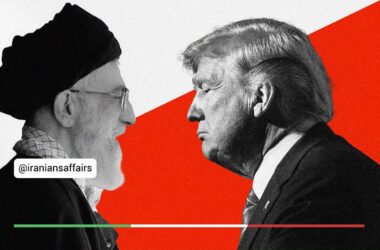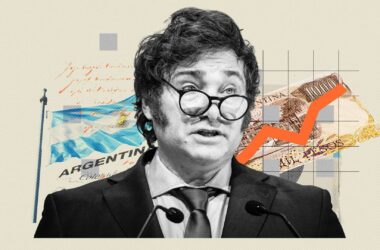Reza Arab, Secretary of the Strategic Studies Office of the “Iran Novin” Party
A political revolution requires both a broad social movement and unified, structured leadership. Achieving such leadership often takes years of turmoil and social transformation. The rise of social media and online platforms during certain color revolutions and the Arab Spring led some to believe that leaderless movements could achieve political success. However, over a decade after those events, we now understand that:
- Leaderless movements in highly repressive systems lead to either severe suppression or chaos.
- In countries where repression is less intense, these movements result in short-lived governments incapable of establishing the foundations for a sustainable democratic rule of law.
In this context, the need for leadership that can forge a charismatic connection with a movement willing to sacrifice for reclaiming their homeland becomes essential. A charismatic revolutionary leader can be identified by five key traits:
- Personal Attributes: An individual capable of envisioning the future, exuding confidence, and demonstrating unwavering determination towards their goal. Such a leader possesses high emotional intelligence and consistently energizes the movement through their presence.
- Communication Skills: A persuasive orator who can articulate complex issues in simple, relatable terms. They must symbolically embody the movement’s core elements and inspire collective action through their words.
- Social Skills: The foundation of charismatic presence lies in their ability to command attention and respect in public settings. Such a leader builds strong relationships, maintains composure under pressure, and demonstrates effective management in challenging situations.
- Moral Integrity: Committed to national principles and incorruptible, they embody the capacity for selfless service and sacrifice for the national cause. Their image must reflect an unwavering pursuit of justice.
- Organizational and Strategic Abilities: They should have a clear strategy for mobilizing resources and excel in organizing the structural components of the movement. Their personal charisma becomes a tool for energizing key organizational elements. Adaptability to changing circumstances is another crucial requirement for such a role.
The leadership of Crown Prince Reza Pahlavi in the national movement to reclaim Iran is a product of both his position and his political-national character. As the Crown Prince, he inherits a “hereditary monarchy” status, which is a necessary condition for monarchists. Beyond that, his political demeanor and leadership, demonstrated over four decades of advocating for reclaiming Iran, have earned him a “civic monarchy” or “people-based monarchy.” In recent years, this capacity has become evident to both the public and patriotic elites. They now recognize him as the rightful leader possessing the virtues needed to lead Iranians in restoring a national government.
The combination of the five traits of a charismatic revolutionary leader and the monarchical virtues embodied by Crown Prince Reza Pahlavi has solidified his role in the eyes of the public and elites. He is regarded as the sole Iranian worthy of representing the nation in its salvation.
